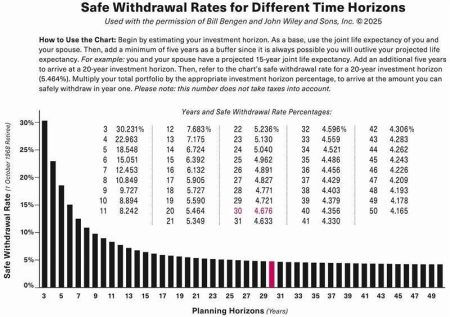If something happened to you tomorrow, could your family access your photos, bank apps, or business website? For most Americans, the answer is no. While the average person values their digital assets at nearly $200,000 according to our Bryn Mawr Trust 2024 Digital Assets Survey, fewer than 15% have an estate plan that covers them. That planning gap leaves loved ones vulnerable to being locked out of assets that may be just as valuable as anything held in a bank account.
Beneath these staggering numbers lies a concerning reality: most people don’t even know what digital assets they own, let alone how to protect them.
Part of the challenge is awareness. Our study also showed that only 29% of Americans report feeling very or somewhat knowledgeable about digital assets, and nearly half (45%) have never even heard of digital estate planning. This means even though we are living more of our lives online—banking, storing family photos, running businesses, managing health records—most of us are unprepared to secure these assets for ourselves or to pass them on to loved ones.
Perhaps the most telling statistic of all: the top reason people give for leaving digital assets out of their estate plans is simply, “I never thought about it.”
Digital Assets Are More Than Crypto
When people hear the term “digital assets,” they often think of Bitcoin or other cryptocurrencies. But that’s just one piece of the picture. In fact, digital assets can include a broad spectrum of information and property from financial information—bank accounts, financial records, and retirement portals—to personal mementos, including photos and videos.
We live in a world where our digital footprints are growing larger every day. If you’ve ever logged into a streaming service, paid a bill online, or saved photos to the cloud, you have digital assets. And chances are, those assets hold financial, personal, or emotional value.
To Put It in Perspective
Ignoring digital assets can create real-world problems. Consider the story of a family business that moved entirely online—website, orders, billing, customer communications. When the father running it passed away unexpectedly, his children couldn’t access anything: not the company’s email, not the bank accounts, not even the order tracking system. Business operations were brought to a halt because everything had been tied to one person’s accounts.
This is not a fringe example. Without digital estate planning, heirs may find themselves locked out of valuable information or unable to claim assets—even with passwords in hand. That’s because many platforms’ Terms of Service Agreements state accounts are non-transferable and terminate upon death.
Improve Your Digital Asset Estate Planning
Protecting your digital legacy doesn’t have to be overwhelming. A few simple moves today can save your loved ones from major challenges later:
- Organize Your Digital Estate
Start by making a list of your accounts from financial platforms and email to cloud storage, loyalty points, and social media. Then, decide what matters most: which files, photos, or accounts you want preserved, and which you’d prefer deleted. Getting this in order early avoids confusion for your family down the road. - Update Your Legal Documents
Work with an estate planning attorney to specifically include digital assets in your will, trust, and power of attorney. Under the Revised Uniform Fiduciary Access to Digital Assets Act (RUFADAA)—which most states have adopted—you must explicitly grant access to these assets; general language like “all property” isn’t enough. - Use Available Tools
Some platforms already allow you to designate a digital heir. For example, Google’s Inactive Account Manager or Facebook’s Legacy Contact lets you decide who gets access. Take advantage of these tools well ahead of needing them.
Your digital assets are part of your legacy. Treat them with the same care as your home, your investments, and your family treasures. Because the reality is this: someday, someone else will need to access what you leave behind. The question is whether you’ve made it possible or left them locked out.
Read the full article here









